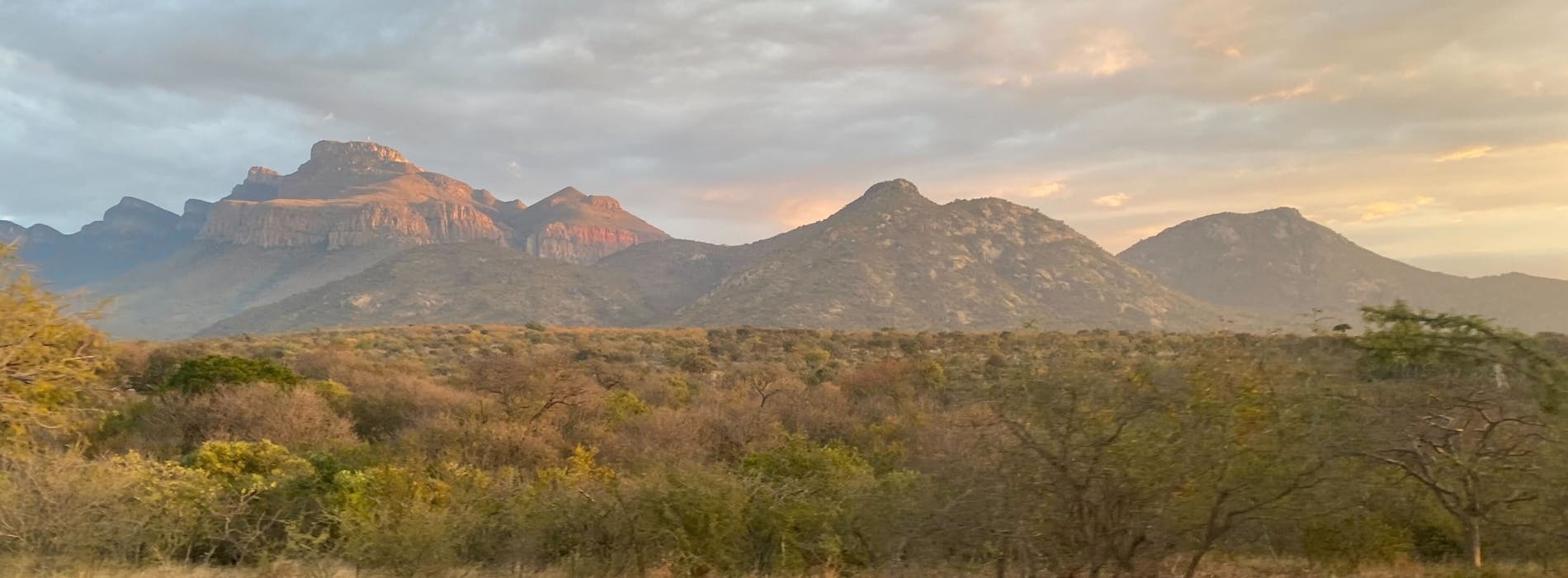WILDLIFE VOLUNTEERING: THE RED FLAGS MOST PEOPLE MISS
Learn more
I travelled to South Africa in August of 2017 to work with the Wildlife capture team. I spent a month at Mukumbura Lodge learning a huge amount about resident species and ecosystems.
Veterinary Experiences
Our main job with the vet was to chemically immobilize certain animals to relocate them or deliver them to auction sites. This was done out of a R44 helicopter with a dart gun. The immobilising drugs we used were mainly a cocktail of a knockdown drug (M99) and a tranquillizer. It usually took 6-8 minutes from dart impact to the animal going down then the ground team along with the volunteers would move in. We blindfolded the animal and gave various injections:
- Kyroligin (vitamin supplement)
- Covexen (antibiotic)
- Butanox (vaccination)
- Duplicillin (antibiotic put into dart wound)
- Doramectin (antiparasite)
Kyroligin, Covexen and Butanox were given intramuscularly, Doramectin was given subcutaneously, I was fully involved in all of this. We then loaded the animal into various transport trucks using stretchers and then the reversal was given intravenously by the vet, usually in the ear vein.
One of my most memorable days in South Africa was darting giraffes. We were in the trucks with our kit, the vet disappeared in the helicopter to find the 3 giraffes we planned to dart and bring back to the game farm. The call came in that they had darted one and we set off to find it. Having located it, we blindfolded it and put a head collar and various ropes around the young bull we removed the dart and injected it as quickly as possible. Giraffes are notoriously difficult to keep breathing once immobilised so the vet administered the reversal and within a matter of seconds, we were holding onto a fully awake giraffe with a few ropes and plenty of strong men. Walking a blindfolded giraffe through the South African bush and onto a trailer is not something I ever thought I’d be doing, but it was a huge amount of fun!
We were also taught many of the common problems he sees on game farms as we went to calls with him including;
- Mange
- Anthrax
- Tick-borne diseases, such as heartwater (cowdriosis) and anaplasmosis
- Stab wounds
- Parasite/worm burden
- Babesiosis (a malaria-like disease)
I would advise anyone with a sense of adventure and willingness to work in a team to have a look at volunteering on any of the ACE programs.
Mass Capture Work
We did a lot of mass capture work also. This involved setting up a boma (a funnel shaped enclosure) with the loading trucks in the neck of the funnel. The boma consists of a series of tarpaulins, known as curtains, strung on wires supported by trees or scaffolding poles, this creates the funnel shape. With in the basic funnel shape there are 3 or 4 sets of curtains that make the enclosure smaller each time as the animals move closer to the trucks.
We were often inside the boma on the curtains nearest the trucks with one of the team; it was incredibly exciting to see herds of totally wild antelope running within 20 metres of where I stood. The animals are found by the helicopter and herded towards the boma. You get a call on the radio to let you know what species is coming and how we should prepare for them.
Mass capture work is vital on game farms where animals can’t migrate to find new grazing and water. We mostly moved animals to other areas of a game farm or if they had been sold to the new owner’s farm. It didn’t always go to plan, if the wind was in the wrong direction, the animals would be able to smell us and wouldn’t come near the boma or if it got too hot, stressing the animals out would cause them to overheat which can be fatal in antelope. Therefore, mass capture was always a 5am start and sitting on top of the trailers before the capture began was an amazing way to watch the sun come up in South Africa.
I would advise anyone with a sense of adventure and willingness to work in a team to have a look at volunteering on any of the ACE programs. I travelled on my own and lived with an international group of vet students and vet nurses who quickly became friends for life. It was a wonderful experience of the South African lifestyle and the fascinating ecosystem.




